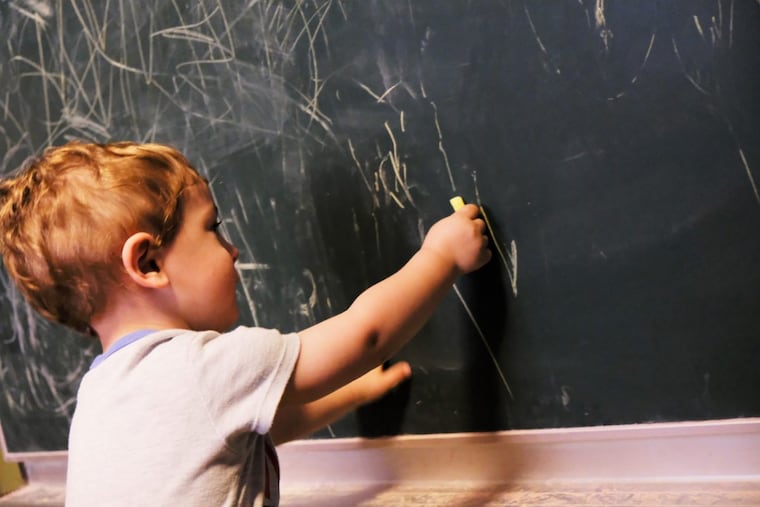ADHD diagnosis may be affected by a child's birthday, study finds
A large study is the latest to find that the youngest children in a class are more likely to get the diagnosis.

Children who are the youngest in their grade are more frequently diagnosed with attention-deficit/hyperactivity disorder (ADHD), a new study finds, raising concerns that some kids might be wrongly included in this category – and others might miss out on treatments that could improve their lives.
That's the conclusion of a large study of Finnish children published this month in the peer-reviewed medical journal Lancet Psychiatry. This same "age effect" on ADHD diagnosis has previously been found in other research studies, including those from Canada and the U.S.
ADHD is a neurological disorder that appears to affect about 5 percent of children across the world, though diagnosis and treatment rates vary widely by country.
The disorder is identified when a child's difficulty with inattentiveness and impulsivity are developmentally out of the norm as compared to others of the same age. The symptoms also must cause problems for the child across multiple settings, such as at home, at school and at Scout meetings.
The month you are born shouldn't affect your chances of an ADHD diagnosis, of course. But because there is no objective test for ADHD, healthcare providers who diagnose it frequently rely on subjective descriptions of a child's behavior from parents and teachers.
Understandably, children's inattention and impulsivity are measured against that of others in their class. However, children in the same grade can vary in age by as much as one year, depending on their birthday. This can make the younger children in the classroom, typically those born in the spring and summer, appear immature (squirrely, reactive) relative to children born in the fall and early winter. This wild variation in development will be more pronounced in the earliest elementary school years.
This is exactly what was found in the Lancet Psychiatry study, where the birth month effect on ADHD diagnosis was greater for children aged 7 to 9 than it was for children aged 10 and over.
The concern here is not just for overdiagnosis but also of missed diagnosis — and therefore treatment and help for younger children who truly do meet criteria for ADHD, but whose problems might be dismissed because "oh, he's so young for his grade." In these cases, holding children back a year will do little to "improve" their ADHD, and may delay them getting the correct diagnosis – and therefore treatment and school accommodations – that will help them to thrive.
Fortunately, most teachers I talk to in the course of my work as a child psychologist are very aware of the birth month phenomenon and take a child's age compared to their peers into account when offering feedback on classroom behavior to parents and healthcare providers.
Other recommendations for parents who have concerns about their child's attention and behavior in the classroom and are considering assessment for ADHD:
Consider testing first to rule out speech-language and learning disorders. Children who don't understand what is being said or taught to them can look inattentive. The CHADD website is a great resource for parents on what to ask for in terms of comprehensive assessment.
Make sure your child is getting enough sleep. Nothing makes a child more edgy and impulsive than being over-tired. Elementary aged kids need 9 to 11 hours per night and teens need 8 to 10.
Speak with your child's teacher and insist that the diagnosing professional speak directly with your child's teacher. If in elementary school, ask specifically about how your child compares to children born in the same month, and within three months, rather than the class as a whole.